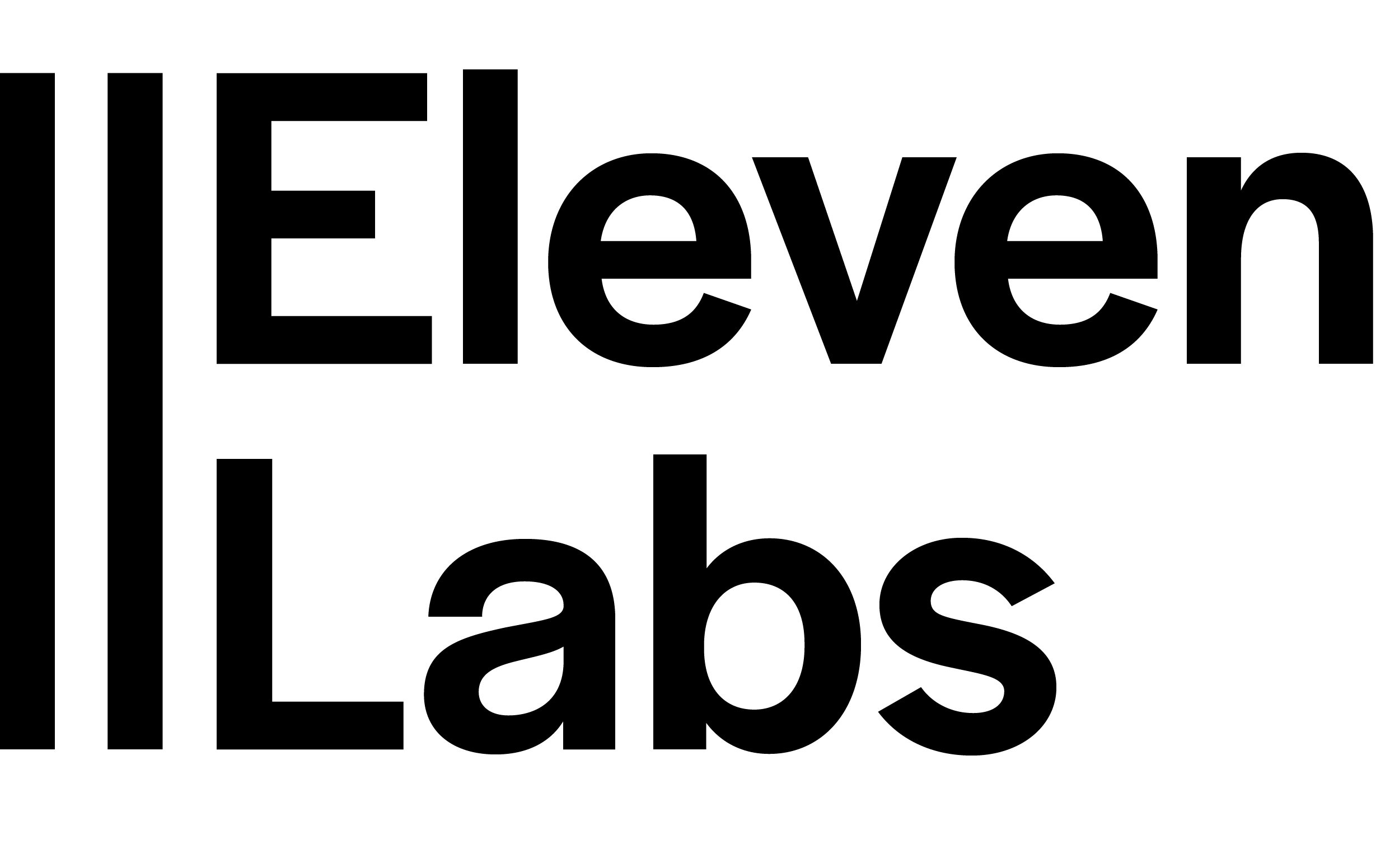PHP is an excellent starting point for anyone looking to learn web development. As a server-side scripting language, PHP powers millions of websites and applications, making it one of the most widely used languages on the web. Learning PHP equips you with the skills to create dynamic, interactive websites that can seamlessly connect with databases and respond to user inputs.
Understanding the basics of PHP unlocks a world of possibilities in web development, as it's the backbone of popular content management systems like WordPress, Drupal, and Joomla. This means that once you grasp PHP, you can build custom features, manage content, and even launch your own web projects. As businesses continue to rely on PHP-based applications, knowing this language enhances your employability in a competitive job market. Whether you're a student, aspiring developer, or hobbyist, mastering PHP can pave the way for both creative projects and professional opportunities in the thriving tech landscape.
## Setting up PHP
* **Local Development Environment:**
- **XAMPP/WAMP:** Free, easy-to-use packages that bundle Apache, MySQL, and PHP for local development.
- **MAMP:** Similar to XAMPP, but designed for macOS.
* **Text Editor/IDE:**
- **Notepad++ (Windows):** A lightweight, popular text editor.
- **Visual Studio Code (Windows, macOS, Linux):** A powerful, modern code editor.
- **PhpStorm (Windows, macOS, Linux):** A professional IDE specifically designed for PHP development.
* **Creating a PHP File:** Save a new file with a `.php` extension (e.g., `hello.php`).
#### What is -AMP?
XAMPP and WAMP are local development tools for PHP applications. XAMPP supports multiple operating systems and includes Apache and MySQL, while WAMP is Windows-specific. Both simplify testing and development, allowing users to create and refine dynamic websites locally before deploying them to live servers.
## Basic PHP Syntax
* **PHP Tags:** PHP code is enclosed in special tags:
```
php
<?php
// Your PHP code goes here
?>
```
* **Echo/Print:** Display text or variables on the web page.
```
php
<?php
echo "Hello, world!";
print "This is my first PHP script.";
?>
```
* **Variables:** Store data. Variable names start with a dollar sign ($) and are case-sensitive.
```
php
<?php
$name = "Alice";
$age = 30;
?>
```
* **Data Types:**
- **String:** Text (e.g., "Hello").
- **Integer:** Whole numbers (e.g., 10, -5).
- **Float:** Decimal numbers (e.g., 3.14).
- **Boolean:** True or False values.
- **Array:** A collection of values (e.g., `$fruits = ["apple", "banana", "orange"]`).
## PHP Operators
* **Arithmetic:** +, -, *, /, %, ++, --
* **Comparison:** ==, !=, <, >, <=, >=
* **Logical:** && (AND), || (OR), ! (NOT)
* **Assignment:** =
## Conditional Statements
* **if/else:** Execute different blocks of code based on a condition.
```
php
<?php
$age = 25;
if ($age >= 18) {
echo "You are an adult.";
} else {
echo "You are not yet an adult.";
}
?>
```
* **switch:** Choose from multiple options based on a value.
```
php
<?php
$day = "Monday";
switch ($day) {
case "Monday":
echo "Start of the work week.";
break;
case "Friday":
echo "End of the work week!";
break;
default:
echo "Just another day.";
}
?>
```
**6. Loops:**
* **for:** Repeat code a specific number of times.
```
php
<?php
for ($i = 1; $i <= 5; $i++) {
echo "Iteration $i<br>";
}
?>
```
* **while:** Repeat code while a condition is true.
```
php
<?php
$count = 0;
while ($count < 3) {
echo "Count: $count<br>";
$count++;
}
?>
```
* **foreach:** Iterate over the elements of an array.
```
php
<?php
$colors = ["red", "green", "blue"];
foreach ($colors as $color) {
echo "$color<br>";
}
?>
```
**7. Functions:**
* Define reusable blocks of code.
```
php
<?php
function greet($name) {
echo "Hello, $name!";
}
greet("Bob");
?>
```
## Example
```
php
<?php
// Get the user's name from a form
$name = $_POST['name'];
// Check if the name is empty
if (empty($name)) {
echo "Please enter your name.";
} else {
echo "Welcome, $name!";
}
?>
```
**Remember:** This is a basic introduction to PHP. Explore online resources (PHP documentation, w3schools, tutorialspoint) for further learning.
## Why Bother with PHP?
### Beginner Web Developers
If you're just starting your journey in web development, PHP is an excellent choice. It serves as a gateway to building dynamic websites and applications. With its simple syntax and wide community support, you’ll find yourself creating functional web pages in no time. Your newfound skills can empower you to transform ideas into reality, crafting your digital presence.
### Aspiring Programmers
Consider PHP your first step into the world of programming. With a focus on server-side scripting, it complements your learning of other programming languages. By understanding PHP, you’ll gain valuable insights into web application architecture, databases, and backend logic. This knowledge will broaden your programming comprehension and open up new opportunities in the tech field.
### Students in Computer Science or Related Fields
If you're pursuing a degree in computer science, coding with PHP is sure to come in handy—whether for classroom projects or personal explorations. Learning PHP can complement your studies and provide practical skills that are highly relevant in industry contexts. It’s a marketable skill that can give you an edge in internships and job opportunities.
### Freelancers and Entrepreneurs
Are you looking to start your freelance career or build a business? PHP can be your tool for creating robust web applications tailored to your clients' needs. With PHP, you can add custom features to websites, manage databases, and offer dynamic user experiences—all of which are desirable to potential clients. Being able to build your projects from scratch empowers you as a professional.
### Developers Switching Focus
For seasoned developers experienced in other programming languages, learning PHP can enhance your repertoire. Many websites and applications rely on PHP, so adding it to your skill set allows you to tackle a wider variety of projects. You'll also benefit from community resources, tutorials, and forums dedicated to PHP programming.
### Hobbyists and Curious Minds
Last but not least, if you have a passion for building and creating, learning PHP can be a rewarding hobby. Whether you want to develop personal websites, automate tasks, or engage in creative digital projects, PHP offers a flexible platform to explore. Plus, it can be a fun way to challenge your problem-solving skills and grow your creativity.
### PHP in Popular Platforms
PHP is the backbone of many widely-used content management systems (CMS) and web applications, with WordPress being the most notable. As an open-source CMS, WordPress powers over 40% of all websites on the internet, making it a significant player in the web development landscape. Built primarily with PHP, WordPress employs this server-side language to handle everything from user authentication to content management and database interactions.
Other popular platforms that leverage PHP include:
* **Drupal**: Known for its flexibility and robust features, Drupal is another open-source CMS that caters to complex and high-traffic websites. It enables developers to build customizable sites using PHP for dynamic content management.
* **Joomla**: A user-friendly CMS, Joomla is designed for creating websites and online applications. Like WordPress and Drupal, it utilizes PHP to manage content and user interactions effectively.
* **Magento**: This powerful eCommerce platform is built on PHP and is designed for online merchants looking to create scalable and customizable online stores.
By learning PHP, you open the door to understanding these platforms better, enabling you to customize themes, develop plugins, and optimize website functionalities. Whether you're creating a personal blog or a comprehensive eCommerce site, PHP provides the tools needed to bring your vision to life.
### In Conclusion
No matter your background or reasons for wanting to learn PHP, the language has something to offer everyone. It opens doors to numerous career paths, creative possibilities, and community engagement. Remember, every expert was once a beginner. Embrace the journey and let your curiosity guide you! Now, let’s dive back into the coding as we explore more PHP functionalities in the next section. Happy coding!

 natural ai speech synthesis
natural ai speech synthesis